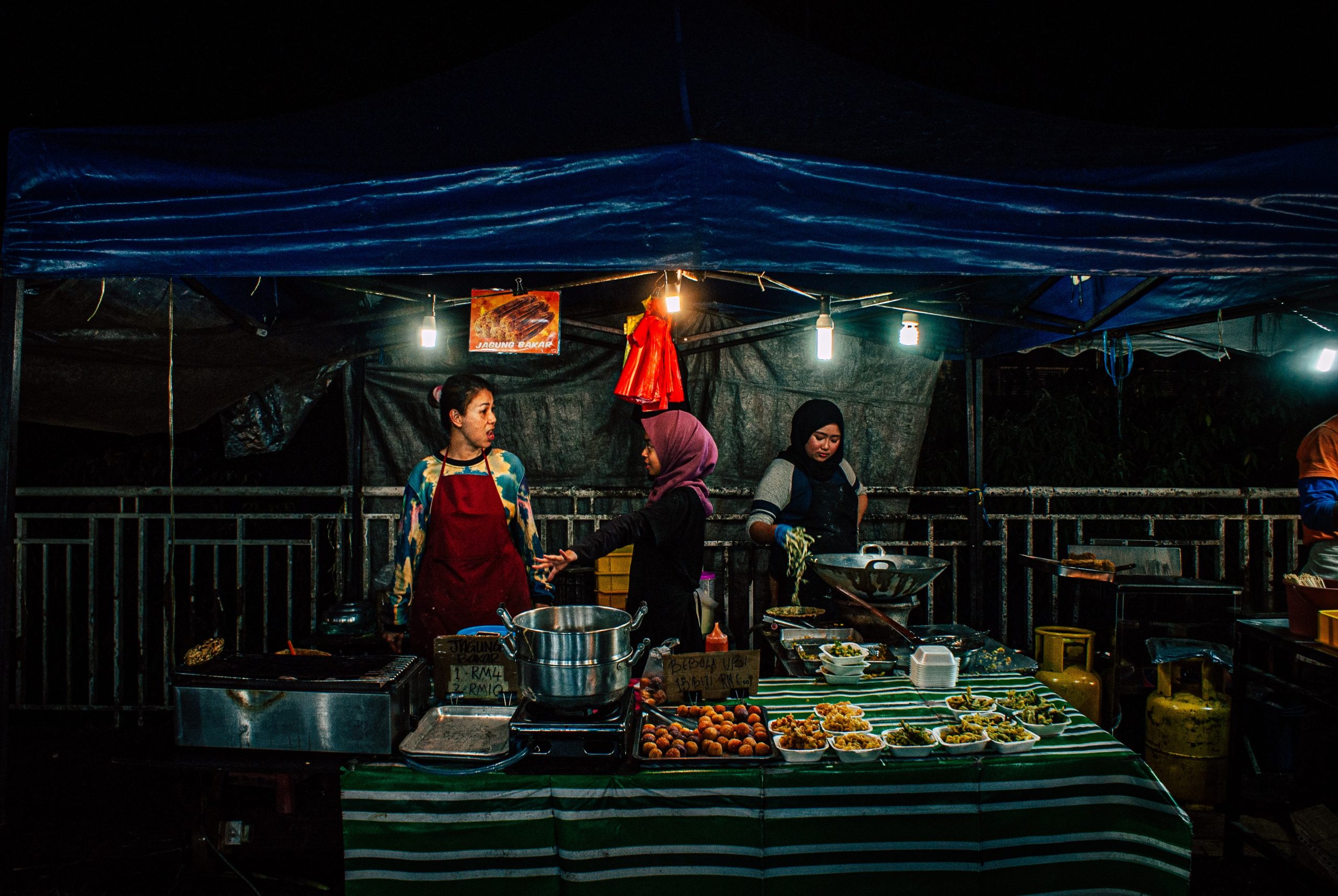Malaysia has been dependent on non-citizen workforce for long enough now for the country to consider health financing options for covering this vast section of people that contributes to its economy. The government has made efforts of course in the form of mandatory healthcare insurance for migrant workers, the Foreign Worker Hospitalization and Surgical Insurance Scheme (SPIKPA) as well as extending the national social security scheme (SOCSO) to migrant workers (previously exclusive to citizens). However there are two looming problems in this. For starters, there is still a large section of undocumented migrant workers that cannot avail any scheme due to lack of data. Secondly, there isn’t enough funding to actually implement these fairly ambitious projects, let alone the man power and infrastructure.
To understand these challenges and look for possible solutions, a team of researchers from the University of Malaya and the United Nations University undertook a study to understand the health financing models in Malaysia and the evolution in financing policies in the recent past.
‘(They) found that migrant workers and employers were unaware of SPIKPA enrolment and entitlements. Higher fees for non-citizens result in delayed care-seeking. While the Malaysian government nearly doubled non-citizen healthcare fees revenues from RM 104 to 182 million (USD 26 to 45 million) between 2014 to 2018, outstanding revenues tripled from RM 16 to 50 million (USD 4 to 12 million) in the same period.
SPIKPA coverage is likely inadequate in providing financial risk protection to migrant workers, especially with increased non-citizens fees at public hospitals. Undocumented workers and other migrant populations excluded from SPIKPA contribution to unpaid fees revenues are unknown.
Problems described with the previous Foreign Workers Compensation Scheme (FWCS), could be partially addressed by SOCSO, in theory. Nevertheless, questions remain on the feasibility of implementing elements of SOCSO, such as recurring payments to workers and next-of-kin overseas.
Malaysia has taken concrete steps to move towards migrant inclusion with the provision of SOCSO for documented migrant workers, but this is not enough for true realization of UHC. The study suggests the expansion of the SPIKPA insurance scheme to include all migrant populations, while broadening its scope towards more comprehensive coverage, including essential primary care.
To understand the evolution of healthcare financing and social security policies and other options for fiscal space for migrant workers in Malaysia, and gaps and opportunities to improve migrant health financing and coverage read the full article here.
Image Credits: Jun Low/Unsplash
Have something to say about migrant workers and Health Financing in Malaysia? Please let us know in the comments section below.


